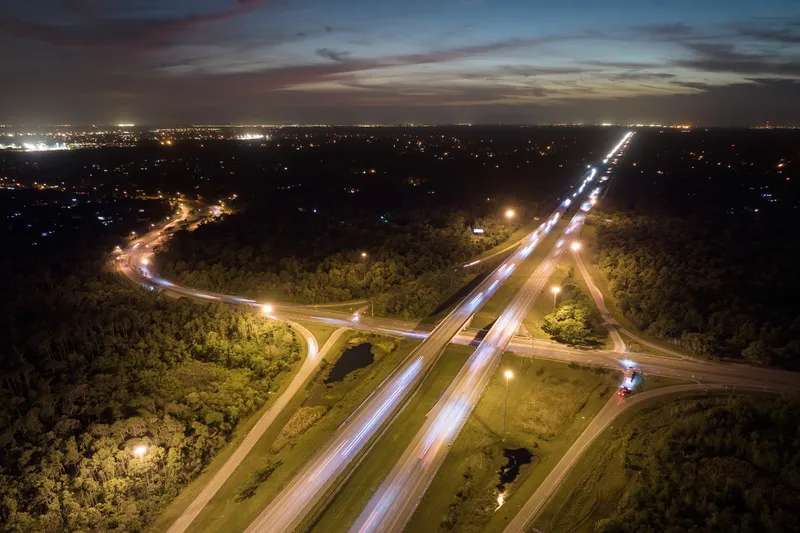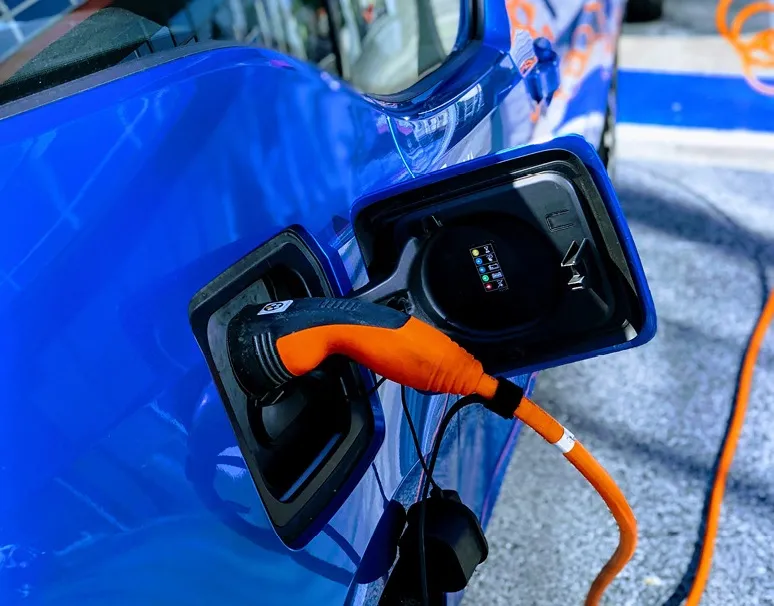
Derq and Miovision are among the companies, universities and other organisations which have won through to the latest, $4m, stage of the US Department of Transportation (USDoT)'s Intersection Safety Challenge.
The awards for Stage 1B of the multi-stage prize competition - System Assessment and Virtual Testing - were announced at the Transportation Research Board Annual Meeting in Washington, DC: 10 teams will be given amounts ranging from $166,666 to $750,000, for a total of $4m in prize awards.
The challenge supports the US National Roadway Safety Strategy (NRSS) and was set up to encourage teams of innovators and end users to develop, prototype and test intersection safety systems which use emerging technologies including AI and machine learning.
In Stage 1A, the winning teams each received $100,000 for proposing their concepts. In Stage 1B, they had to demonstrate the technical aspects of their safety systems by identifying vehicles and people moving on the road - both inside and outside of a vehicle - and predicting potential collisions using real-world scenarios.
Their challenges included sensor fusion, classification, path and conflict prediction using USDoT's real-world sensor data collected on a closed course at the Federal Highway Administration Turner-Fairbank Highway Research Center.
In this round, Tier 1 winners get $750,000 each: these are Derq USA; plus the universities of Michigan, California (Los Angeles) and Hawaii.
The University of Michigan team includes Mcity, General Motors Global R&D, Ouster and Texas A&M University.
Tier 2 winners get $166,666 each: Orion Robotics; Florida A&M University and Florida State University; University of Washington; University of California (Riverside); Ohio State University; and Miovision, which includes Miovision USA, Carnegie Mellon University, Amazon Web Services and Telus.
These systems are set to identify and mitigate unsafe conditions involving vehicles and vulnerable road users at roadway intersections - and the next stage is for prototyping and field-testing.
USDoT principal deputy assistant secretary for research and chief scientist Dr. Robert C. Hampshire, says: "Enhancing the safety of vulnerable road users at our nation’s roadway intersections is a critically important element in driving down fatalities on our roads to zero.”









